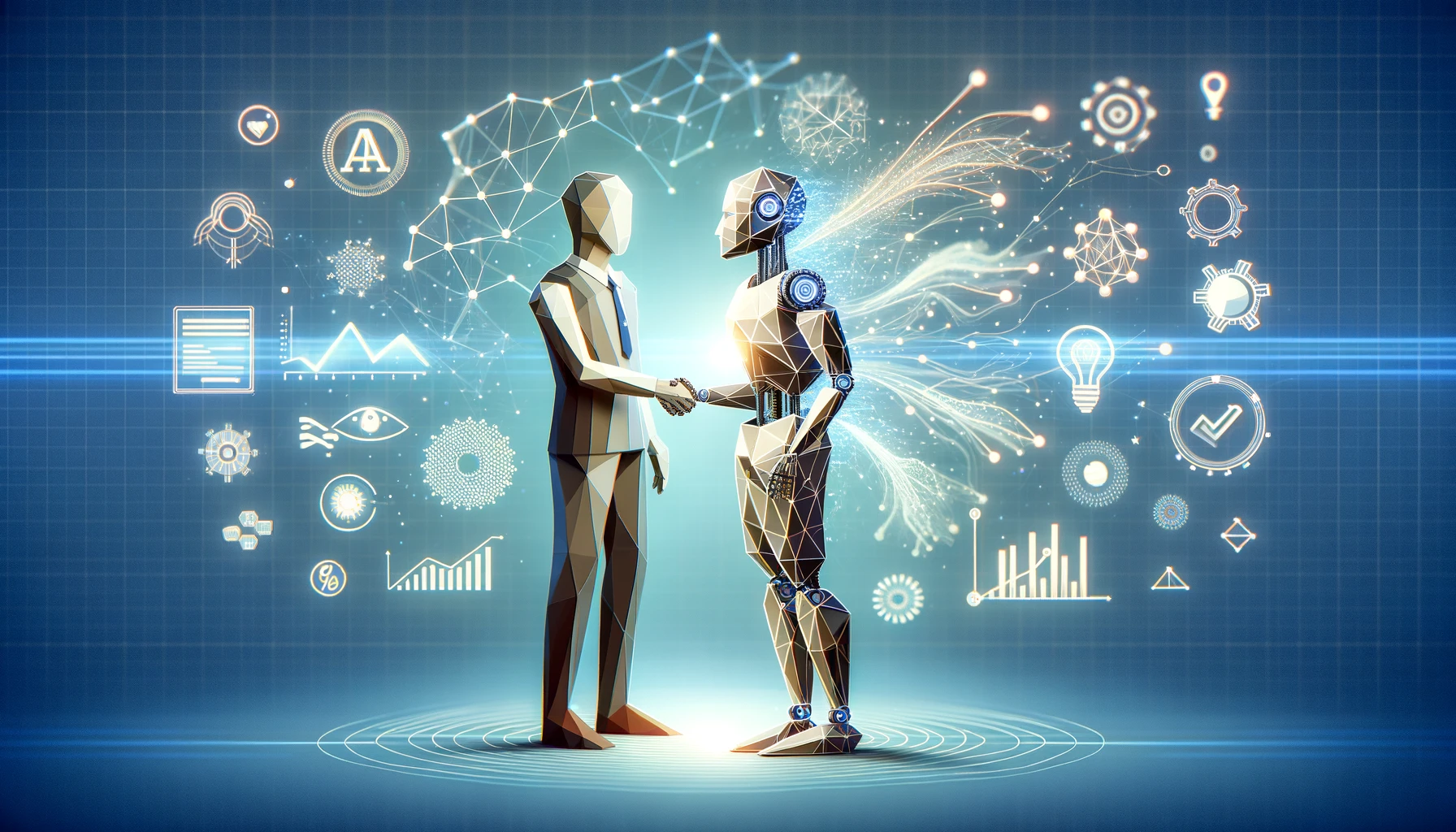
AI Business
Creativity That Converts: What Great Campaigns Look Like in the AI Era
Artificial intelligence is fundamentally reshaping the marketing landscape for retail and FMCG brands. In 2025, the campaigns that truly convert are those that blend human creativity with AI-powered precision – delivering relevance, speed, and scale while navigating new consumer expectations and operational realities. Scott Snell, Non-Executive Director at CI Group, shares his expertise on what truly makes FMCG and retail campaigns convert in 2025, how the fusion of human creativity and artificial intelligence is redefining campaign effectiveness – and what marketers must do to stay ahead in a rapidly changing landscape.
As someone who’s seen the FMCG and retail sector evolve over decades, I can say with certainty that the definition of a “great” campaign has fundamentally changed. Now, creativity alone is not enough. The campaigns that deliver measurable results are those that blend emotional storytelling with the speed, scale, and precision of artificial intelligence.
Navigating New Pain Points
The challenges facing marketers are stark. Consumer journeys are fragmented – people hop between digital, in-store, and social touchpoints, expecting a consistent and relevant experience everywhere. Yet, content production is under pressure: traditional creative processes simply can’t keep up with the demand for hyper-personalised, omnichannel content at scale.
At the same time, there’s a growing scepticism towards overt AI in brand interactions. While 80% of FMCG marketers in the UK see AI as essential for customer acquisition and 83% for retention, only 8% of consumers actually want more visible AI-led engagement. Most shoppers want personalisation to “just work” – seamlessly and invisibly, without feeling intrusive or robotic.
How AI Is Transforming Campaign Creativity
The leading brands – think Unilever, Coca-Cola, and Nestlé – are using AI to launch campaigns three times faster and create content twice as efficiently as before. AI enables hyper-personalisation across 60% more consumer touchpoints, driving up to 8% uplift in campaign performance by dynamically tailoring messages, offers, and creative assets to individual preferences.
Generative AI is now being adopted by 70% of retailers globally to create everything from text and images to entire shopping experiences, with half expecting it to have a major business impact by 2025. This isn’t just about efficiency, it’s about unlocking new forms of creative expression and rapid innovation.
But the most effective use of AI is often invisible. Brands like John Frieda and Versuni use AI to scale relevance behind the scenes, keeping the experience human and authentic. The goal is to balance personalisation with privacy: 40% of consumers want tailored offers, but they remain wary of intrusive data use and chatbots.
What “Great” Looks Like Now
In today’s environment, the best campaigns share a few critical traits:
- Omnichannel Consistency: Unified messaging and creative across digital, retail, and experiential environments, driving stronger brand recall and conversion.
- Agile Content Production: AI automates and scales creative output, freeing up marketers to focus on strategy and big ideas – resulting in faster launches and higher engagement.
- Data-Driven Decisions: Real-time analytics allow for campaign adjustments on the fly, maximising ROI and delivering measurable, incremental sales.
- Human-Led, Tech-Enabled: Emotional storytelling remains at the heart, but is now supercharged by AI-driven insights and automation.
Actionable Takeaways
To thrive, marketers must let AI power personalisation and insights behind the scenes, invest in generative AI for content and innovation, focus on incremental gains across more touchpoints, prioritise trust and transparency, and break down silos between creative, data, and technology teams.
In the AI era, creativity that converts is defined by campaigns that are fast, relevant, and deeply personalised – yet still feel genuine and human. Marketers who harness AI as a creative partner, not just a tool, will be best positioned to drive both engagement and measurable business results in 2025 and beyond.
Let’s Talk.
